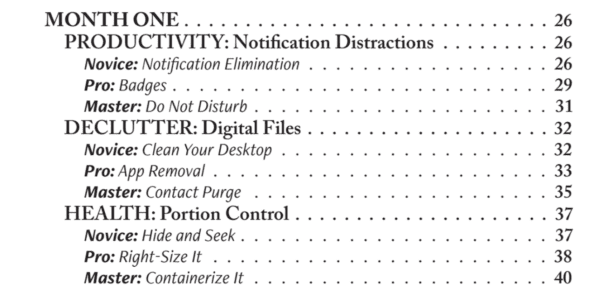Constant instant messaging.
Way too many emails.
When will they just let me work?
I love working remote. I've done it for most of my adult life since I stopped working in a hospital in 2000. I traveled almost weekly so my office has always been at home.
I never missed the birthday cake or the donations to the baby/wedding/retirement gift to someone I barely knew.
I'm a distracted person and like my privacy to work. However, I did always finds friends within my work and was able to feel part of the company and the culture. Sometimes it was people I traveled with, other times it was a local friend/colleague who I would meet for coffee every month. We would take our laptops and work a little, talk a lot and my boss approved it for both of us. It was a way to feel included and catch up on the culture side of work that you don't get in an email.
Companies often make the assumption that remote workers feel isolated or don't have an attachment to the organization. Most of my friends have worked remote and this has never been the case for us. I always felt very attached to the company I worked for and in some ways, still do even though I have been gone two years. A study done by Fonner and Roloff using social scientific quantitative research surveyed 89 remote workers and 104 office workers. The remote workers worked from home at least three days a week and tended to be older (average age 42.5), married, have children and job tenure. What they found was interesting, against the current way of (wrong) thinking and what every manager needs to know.
- For both remote and office workers, frequent communication did not increase feelings of closeness with others, no matter what the mode of communication.
- Remote workers reported similar levels of closeness to colleagues in their workplace interactions as office workers.
- The more communication using email and instant message, the more stress they had from being interrupted, causing frustration and feeling less attachment to the organization. Office workers over-communicate with remote workers to “keep them in the loop”. I would agree with this. I had a manager in the beginning who I felt was just checking up on me, which made me feel distrusted, especially since she never had a reason to do this. I actually got so fed up with it I took a job with another company.
- On the other hand, office workers had more stress from interruptions but it didn't decrease their attachment to the organization. Very interesting. Fonner and Roloff suspect that it is because office workers expect interruptions, whereas remote workers expect autonomy. Office workers can close their doors or put up a sign, but a remote worker doesn't have the same visible boundary.
I have a client now who works from home one day a week. She feels like she needs to have her Instant Message on and be available all day so that people don't think she is sitting around on the couch. If someone is worried about you sitting around on the couch, they need more work to do. Leaving her IM on is distracting and results in more ‘conversations' than she would normally have in a day at work.
Over-communication is rampant everywhere, whether you are remote or not. One thing I teach, and follow myself, is to not send “thanks” messages. Responding to an IM or email with “thanks” as an acknowledgement is another message I now have to delete or click on. Thank you should be to thank someone, not to acknowledge that you received something. The same thing with “okay”. If I message you and it isn't a question, you don't have to respond. Typo in your IM or text? If it's obvious what you meant, please don't feel the need to correct yourself. Again…another message I now have to get rid of. I give a lot of leeway with text and IM because it's casual and I don't care about typos.
What should a company or team do? Have a process or guidance around communication with the entire team, not just the remote workers. Don't expect your team to be on IM all day (I have guidelines for each of my clients depending on their jobs) or to email immediately. Don't reply all unless it is important to reply all. Don't send group emails out of laziness if it doesn't apply. And most importantly, trust your remote worker to be doing their job. If you don't trust them they shouldn't be working for you whether it's from the office or their couch.
How do you feel about over-communication when you work remotely?
The full research study is titled “Testing the Connectivity Paradox: Linking Teleworkers' Communication Media Use to Social Presence, Stress due to Interruptions, and Organizational Identification” published June 2012 in Communication Monographs.


